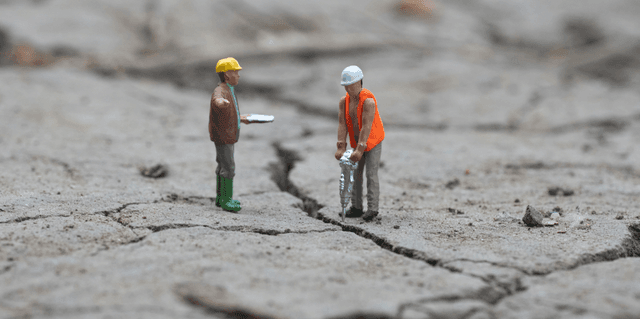
Multicultural competence? It is one of the best things ever!
The one word that is on everyone’s lips in any workplace is “cultural diversity”. This is here to stay and can help shape any workplace. This blog will explore the importance of multicultural competence and its current situation.
What is multicultural competence?
Multicultural competence is the ability to understand, appreciate, and interact with people who identify with cultures and belief systems different from your own. This leads to enhanced and effective communication between people, which can help strengthen bonds and relationships. Relationships and bonds define us as humans!
Is it so important?
Yes, it is! Communities are becoming extremely diverse with each passing day. This elevates the importance of infusing multicultural competence. Developing cultural competence not only helps us understand, communicate, and effectively interact with people across cultures, but it also allows us to compare diverse cultures with our own and better understand the differences. This understanding can lead to more harmonious relationships and a more productive work environment.
Multicultural competence in the sea
To ensure efficiency and safety at sea, it is important that the seafarers work together seamlessly, setting aside all the differences in culture and communication. This results in a more harmonious working environment and promotes unity and teamwork among the crew members.
Cutting through the rough current
Teamwork and on-board competence can be enhanced with multicultural competence! Wondering how? Let us explain!
A ship’s crew must function as a cohesive unit, especially in high-pressure situations like navigating rough weather or reacting to emergencies. In these cases, recognising and valuing diverse problem-solving approaches is priceless! Diverse cultures can bring more innovative solutions and effective decision-making.
The good news
Numerous studies have shown that diverse and inclusive companies perform better. This is why industries, including the maritime industry, have upped the ante to increase multicultural competence, which has been heavily boosted! While this has happened for the last few years, the pace has doubled since 2022. Almost everyone is taking the initiative to prioritise multicultural competence and drive the necessary transformation within their organisations! According to a Forbes case study in 2019, inclusive teams make better decisions up to 87% of the time. However, according to a Global Maritime Forum survey, many areas still need further review and consideration.
Conclusion
At BYF, our expert nutritionists and psychologists come from diverse cultures, but they work together for one goal: guiding you when you need help. No prizes for guessing that they succeed because they have developed multicultural competence, the ability to understand, appreciate, and interact with people from different cultures, which is promoted in our workplace!
Does your organisation actively promote multicultural competence? Are diversity, inclusion, and equity the aspects that define your workplace? If not, it’s time to start the conversation. The need for promoting these values is not just a trend, but a necessity in today’s diverse and interconnected world.
- Industry

The Buzz Around Workplace Safety Is Real — Here’s Our Take
April 28 marked World Day for Safety and Health at Work, and the buzz has been impossible to ignore. This year’s theme — “Revolutionising Health and Safety: The Role of AI and Digitalisation at Work” — resonates across sectors. However, in one industry in particular, it couldn’t be more urgent: the maritime sector. At Bigyellowfish, […]

Tackling Fatigue in Safety-Critical Industries: A Call for Action
Fatigue is more than just feeling tired—it’s a state of physical, mental, and emotional exhaustion that can impact anyone. In safety-critical industries, where precision and focus are non-negotiable, the effects of fatigue can be disastrous. Mistakes, accidents, and decreased productivity are just a few of the outcomes. Yet, fatigue is often overlooked until it’s too […]

 Workplace Well-being
Workplace Well-being Reinforced Learning
Reinforced Learning Collaboration
Collaboration